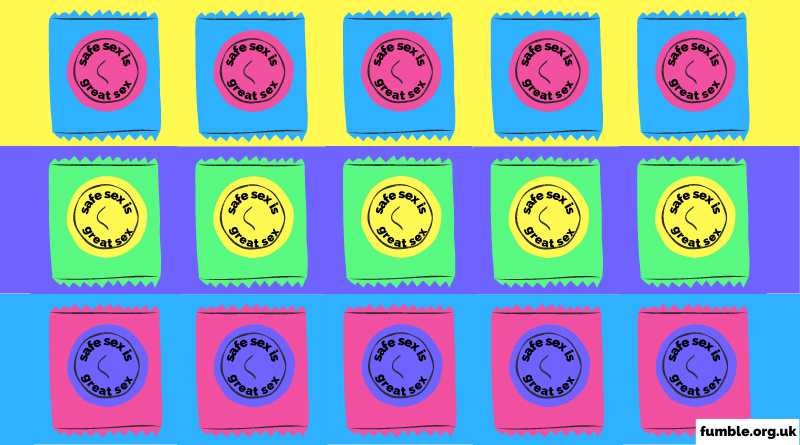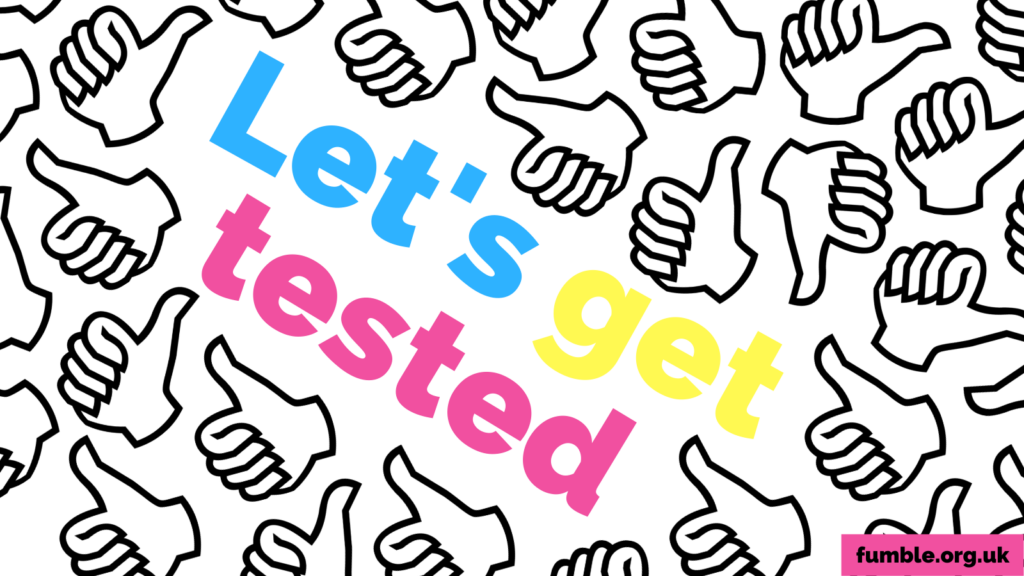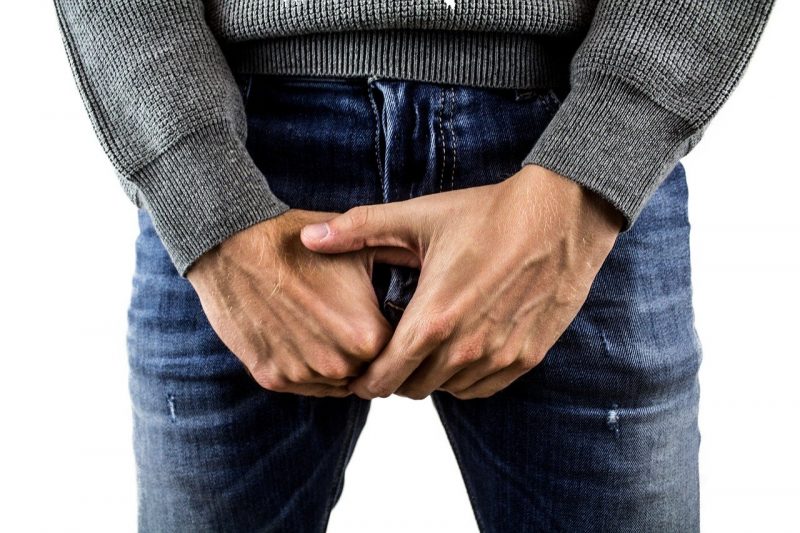HIV is generally the most well-known sexually transmitted infection, but how do we keep ourselves safe?
HIV stands for Human Immunodeficiency Virus. It’s a virus that damages the body’s immune system and stops it from fighting off infections.
This is related to AIDS, but HIV and AIDS are not the same thing! AIDS (Acquired Immune Deficiency Syndrome) is a group of potentially life-threatening infections and illnesses that strike when your immune system has been severely damaged by HIV.
AIDS can’t be passed from one person to another, and you can’t get an AIDS diagnosis if you don’t already have HIV. Most people with HIV were eventually diagnosed with AIDS in the 1980s and early 1990s, when the virus was notorious in the gay and queer community, but now most people don’t develop AIDS thanks to lots of amazing research and new treatment.
How do people get HIV?
It’s a virus that lives in the blood, semen or vaginal fluid. It’s passed on when one of these fluids, infected with HIV, enters someone else’s blood. This can be through:
- Anal sex (unprotected)
- Vaginal sex (unprotected)
- Oral sex (unprotected)
- Sharing sex toys without using different condoms or washing them properly in between uses
- Sharing needles
- Pregnancy, childbirth or breastfeeding (very rare in the UK)
Unprotected sexual activity means without barrier methods of contraception, e.g. condoms or dental dams. HIV transmits through blood and sexual body fluids (not urine, sweat or saliva), therefore you cannot get it by kissing, hugging, sharing baths, sharing towels, baths or cups, via toilet seats or in swimming pools.
The most common way to transmit HIV is by having unprotected vaginal or anal sex, because these types of sex are most likely to cause tears in the skin, which exposes the bloodstream.

What are the signs and symptoms of HIV?
Some people won’t have any initial symptoms, so it’s important to get an STI test after unprotected sex, just in case. Most people have a flu-like illness a few weeks after being infected. This usually includes:
- Sore throat
- Swollen glands
- Fever
- Headaches
- Body rash
- Muscle pains
- Joint pains and aches
- Stomach ache
But after this, most people don’t have any symptoms for a few years. But the virus makes someone’s immune system weaker, which means they’re less able to fight off infections. Symptoms may also include:
- Diarrhoea that keeps returning
- Infections that keep returning
- Losing weight
- Night sweats
- Serious life-threatening illnesses, like cancer
It’s crucial to catch a diagnosis as early as possible. This prevents the various health difficulties and illnesses.
How can I check if I do have HIV?
Grab an STI test! It’s free and there are lots of places to get one: GUM or sexual health clinics, Brook services and some GP surgeries. Find your nearest service here. There are also free home testing kits available in some parts of the UK.

Testing for HIV is a blood test. HIV can’t be tested until at least 4 weeks after exposure (e.g. unprotected vaginal/anal sex), and the test is more accurate if you wait 6 weeks. Results should be ready within two weeks – typically by text if the result is negative, or by phone call if the result is positive.
What happens if I do have HIV?
If your test comes back positive, a sexual health nurse or healthcare professional may do another test, just to confirm. If this comes back positive, they will guide you through how to access follow-up care and treatment. Being HIV positive does not stop you from living a full and healthy life.
Previous sexual partners (from the last 6 months) also need to know. This can feel nerve-wracking, but they may have the infection as well and need treatment. If it feels too difficult to talk to previous sexual partners, some clinics offer a ‘partner notification’ service that warns them of potential exposure to an STI without mentioning any names.
You should also be honest with all new sexual partners. Condoms are not 100% efficient at preventing transmission and it is unfair, and unlawful, to allow partners to take this risk if they don’t know.
How do I keep myself safe from HIV?
Use condoms! Condoms are a barrier method of contraception, which means they protect from STIs as well as pregnancy. We should also use condoms on sex toys, if sharing them.
If you’re in a relationship, take an STI test with your partner! Once you both have negative results or any necessary treatment, you don’t need to worry about protecting yourselves from HIV if you’re exclusive and/or monogamous.
We have amazing treatment now! So, what’s PEP and PrEP?
PrEP is a pill you can take before sex and it gives near complete protection from HIV. This is great for people at risk of HIV, who don’t use condoms every time. It’s available for free on the NHS.
If you’ve been exposed (e.g. unprotected vaginal/anal sex) in the last three days, you can take anti-HIV medication (PEP) to stop yourself contracting the virus. Contact your local sexual health clinic, or you can get PEP from A&E.
Some misconceptions
There’s a lot of stigma surrounding STIs, but they’re very common. There’s nothing dirty or wrong about having an STI, they’re part of being sexually active. But we do need to test regularly and keep ourselves safe.
There are also lots of specific misconceptions around having HIV:
- Being positive doesn’t mean you’re gay or queer
- Being gay or queer doesn’t mean you will get HIV
- HIV has nothing to do with someone’s sexuality!
- You can’t get HIV from a handshake, a hug or a kiss
It’s truly amazing how far research and treatment has come – science is incredible! But people living with HIV still face prejudice and we need to challenge that.
Other support
- Where to get a sexual health check in the UK
- What to do if you have an STI
- How to talk about our STI status before sex
- Terrence Higgins Trust – About HIV
- Brook – HIV
- NHS – HIV and AIDS
Read more
Last Reviewed 14 December 2022
Image Credit: Fumble



